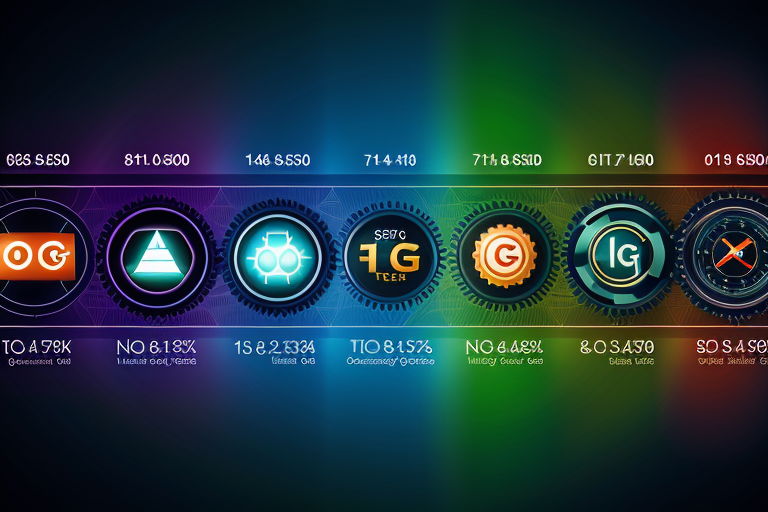The realm of search engine optimization (SEO) has seen many changes and challenges over the past 25 years. With Google’s algorithm at the forefront, SEO experts have had to adapt to a changing landscape. From social media fluctuations to the integration of artificial intelligence, the field of SEO has become unpredictable. Let’s explore the evolving world of SEO within Google.
For 25 years, Google’s algorithm has been the foundation of SEO, evolving to prioritize quality, relevance, and originality. Updates like the Penguin update in 2012 and the Medic update in 2018 have reshaped the industry, impacting website rankings and revenue.
Social media platforms have had successes and setbacks. Platforms like Google+ and Orkut aimed to revolutionize social media but struggled to keep users engaged. Orkut attracted millions of users with customization themes and crush lists, mainly in Brazil and India. However, Facebook’s simplicity and innovative features overshadowed Orkut, leading to its discontinuation in 2014. Similarly, despite reaching 90 million users in its launch year, Google+ failed to sustain engagement.
A highly sought-after position for SEO professionals and website owners is the featured snippets section that provides concise answers to search queries. Introduced in 2014, these snippets drive traffic but have occasionally offered inaccurate information, leading to Google expressing regret.
Since 2014, Google’s quality rater guidelines have emphasized E-A-T (Expertise, Authoritativeness, and Trustworthiness). This is critical for queries related to Your Money or Your Life (YMYL), where trust and credibility are crucial. Establishing high-level expertise and focusing on quality content, rather than just visible elements like backlinks, is key for SEO success.
The transition to Google Analytics 4 (GA4) has created new opportunities for marketers. Though met with some hesitation, most marketers have made the shift, showing a desire for fresh knowledge and innovation. GA4 has revolutionized data collection, processing, and reporting, introducing strategic planning and expert implementation.
Advancements in artificial intelligence (AI) have the potential to reshape the online experience. AI-generated content has led Google to prioritize the search experience, reducing the emphasis on E-A-T (Experience) as a ranking factor. The integration of AI and Search Generative Experience (SGE) can revolutionize search and redefine SEO success measurement, opening new avenues for marketers.
Algorithmic changes in SEO can present learning opportunities but can also disrupt rankings, requiring swift responses from companies. Negative SEO, which involves unethical tactics to harm competitors, remains a challenge. Employing proper link building strategies and investing in quality writing and competitive content are crucial for SEO success.
In conclusion, SEO has seen many changes within Google’s algorithm over the past 25 years. From social media rise and fall to the paradigm shift of GA4 and AI integration, SEO has transformed into a scientific pursuit. To thrive in this shifting landscape, staying updated, understanding E-A-T principles, and embracing innovative strategies are crucial for SEO professionals. As the future brings new challenges, the journey of SEO continues guided by quality, relevance, and user satisfaction.











